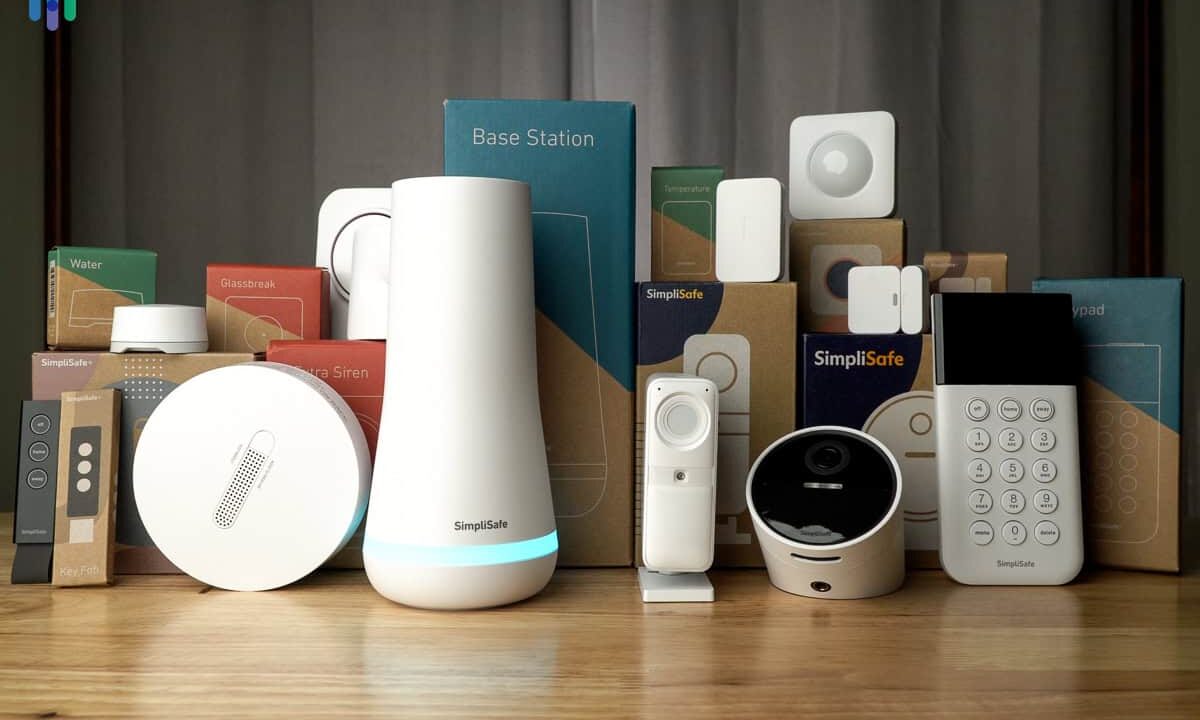Picture this: I was fresh out of college, crashing in a tiny apartment with mismatched furniture and dreams bigger than my closet space. One stormy night, a leak from the upstairs neighbor turned my living room into a mini swimming pool, soaking my laptop and favorite books. That’s when I learned the hard way that my landlord’s insurance wouldn’t touch my ruined stuff. Fast forward a few years to buying my first house – suddenly, I was worrying about the roof over my head, not just the gadgets inside. If you’ve ever wondered about the gap between home insurance (often called homeowners insurance) and renters insurance, you’re in the right spot. This guide breaks it down clearly, helping you protect what matters without the confusion. We’ll dive into what each covers, costs, and how to choose, drawing from real experiences and solid facts to keep things relatable and trustworthy.
What Is Homeowners Insurance?
Homeowners insurance is like a safety net for people who own their homes, covering the structure itself along with your belongings and potential liabilities. It steps in if disasters like fires, storms, or theft damage your property, helping rebuild or repair without draining your savings. Think of it as essential peace of mind for one of life’s biggest investments.
From my own transition to homeownership, I remember the relief of knowing a policy had my back when a tree branch crashed through the window during a windstorm. Policies typically include dwelling coverage for the house’s frame, plus extras like personal property and liability protection. It’s not just about fixing walls; it’s about safeguarding your financial future.
What Is Renters Insurance?
Renters insurance protects tenants by covering personal items, liability, and temporary living costs if your rental becomes unlivable. It doesn’t touch the building – that’s the landlord’s job – but it shields your clothes, electronics, and furniture from theft, fire, or water damage. Often overlooked, it’s a budget-friendly way to avoid out-of-pocket disasters.
I once advised a friend who skipped it, only to lose everything in a small kitchen fire; the regret was real, but a simple policy could’ve softened the blow. Most policies are straightforward, focusing on your stuff and any accidents in your space. It’s perfect for apartments, condos, or rented houses where you don’t own the walls.
Key Coverage Differences
While both homeowners and renters insurance share some basics like protecting against theft or fire, the big split comes in what they actually guard. Homeowners policies go broad, including the home’s physical structure, while renters zoom in on your personal world inside. Understanding these nuances can save you from nasty surprises down the line.
Dwelling and Structure Coverage
This is the heart of homeowners insurance: it covers repairs or rebuilding if your home’s walls, roof, or foundation get hit by covered perils like wind or hail. Renters insurance skips this entirely since you don’t own the building. For owners, it’s crucial; imagine a burst pipe flooding your basement – without it, you’re on the hook for thousands.
Personal Property Protection
Both policies cover your belongings, but homeowners often include higher limits tied to the home’s value, while renters let you customize based on your inventory. From laptops to jewelry, it replaces stolen or damaged items at replacement cost or actual cash value. I always tell folks to list their stuff – it turned a burglary loss into a quick claim for me once.
Liability Coverage
If someone slips on your icy driveway or a guest gets hurt in your apartment, liability kicks in for medical bills or legal fees. Both types offer this, usually starting at $100,000, but homeowners might need more due to property risks. It’s that emotional buffer, knowing a mishap won’t bankrupt you – like when my dog’s playful jump led to a neighbor’s sprained ankle.
Additional Living Expenses (ALE)
When disaster strikes and you can’t stay home, ALE covers hotel stays, meals, or temporary rentals. Homeowners get this for house repairs; renters for apartment fixes. Limits vary, but it’s a lifesaver – during my apartment flood, it meant not crashing on a friend’s couch for weeks, keeping life somewhat normal.
Other Coverages and Endorsements
Homeowners can add flood or earthquake riders, often separate policies, while renters might tack on pet liability or identity theft protection. Both allow tweaks for valuables like art or bikes. Customizing feels empowering; I added jewelry coverage after inheriting family heirlooms, turning worry into confidence.
Cost Comparison
Homeowners insurance averages around $2,397 yearly for $300,000 coverage, while renters hovers at $170 annually – a stark difference because owners insure the whole structure. Factors like location, credit, and deductibles play in, but bundling with auto can shave off 10-20%. It’s not just numbers; smart shopping kept my premiums low when I switched.
31</argument
</grok:
Here’s a quick table to visualize:
| Aspect | Homeowners Insurance | Renters Insurance |
|---|---|---|
| Average Annual Cost | $2,397 (for $300K dwelling) | $170 |
| Main Factor Driving Cost | Dwelling coverage + property value | Personal property limits |
| Typical Deductible | $500-$2,000 | $250-$1,000 |
| Bundling Discount | Up to 25% with auto | Up to 15% with auto |
Pros of Homeowners Insurance:
- Comprehensive protection for your biggest asset.
- Builds equity security for long-term owners.
- Often required by lenders, forcing smart coverage.
Cons of Homeowners Insurance:
- Higher premiums can strain budgets.
- Excludes floods/earthquakes without add-ons.
- Claims might hike rates more noticeably.
Pros of Renters Insurance:
- Super affordable, often under $15/month.
- Easy to customize for minimalists or collectors.
- Provides liability without owning property.
Cons of Renters Insurance:
- Doesn’t cover building issues like leaky roofs.
- Limits might not suffice for high-value items.
- Some landlords require it, adding to rent costs.
Who Needs Which Type of Insurance?
If you own your home, homeowners insurance is non-negotiable – lenders demand it, and it protects your investment from life’s curveballs. Renters should grab a policy too, as landlord coverage stops at the doorframe. Whether you’re nesting or nomading, the right one fits your lifestyle like a glove.
For navigational help, check sites like State Farm or Allstate for quotes. Internally, explore our guide on [/best-home-insurance-companies] for top picks.
Transactionally, best tools include comparison sites like NerdWallet or Policygenius for quick quotes. I used one when buying my house – saved hours and hundreds.
Common Misconceptions
Many think renters insurance is optional fluff, but skipping it leaves you exposed, like walking a tightrope without a net. Homeowners often assume it covers everything, forgetting add-ons for floods. Clearing these up prevents regret; my early mix-up cost me dearly until I got educated.
People Also Ask
Based on real Google searches, here are common questions:
- What’s the difference between renters insurance and homeowners insurance? Renters covers your stuff and liability in a rental; homeowners adds building protection for owners.
- Do I need renters insurance if my landlord has insurance? Yes, their policy protects the building, not your belongings or accidents.
- Is renters insurance cheaper than homeowners? Absolutely, often 10x less since no structure coverage.
- Can I switch from renters to homeowners insurance? Easily when buying a home; many companies bundle the transition.
- Does homeowners insurance cover rentals? No, you’d need landlord insurance for that scenario.
FAQ
What does homeowners insurance cover that renters doesn’t?
It includes dwelling coverage for the home’s structure, like roofs and walls, plus attached structures – essentials for owners facing repair bills.
How much renters insurance do I need?
Tally your belongings’ value; aim for $20,000-$50,000 in personal property, plus $100,000+ liability to cover potential lawsuits or injuries.
Where can I buy affordable renters insurance?
Top companies like Lemonade, State Farm, or USAA offer quick online quotes; compare via NerdWallet for deals.
Does credit affect insurance costs?
Yes, better credit often means lower premiums for both types – a nudge to keep finances tidy.
Can I bundle home and auto insurance?
Definitely; it saves 10-25% and simplifies life – I did it and watched my bills drop noticeably.
In wrapping up, grasping these differences isn’t just smart; it’s empowering. Whether renting like my younger self or owning now, the right policy turns “what if” into “I’ve got this.” Don’t wait for a storm – shop around today, perhaps starting with internal resources like [/insurance-comparison-guide]. Protect your world; it’s worth every penny.





